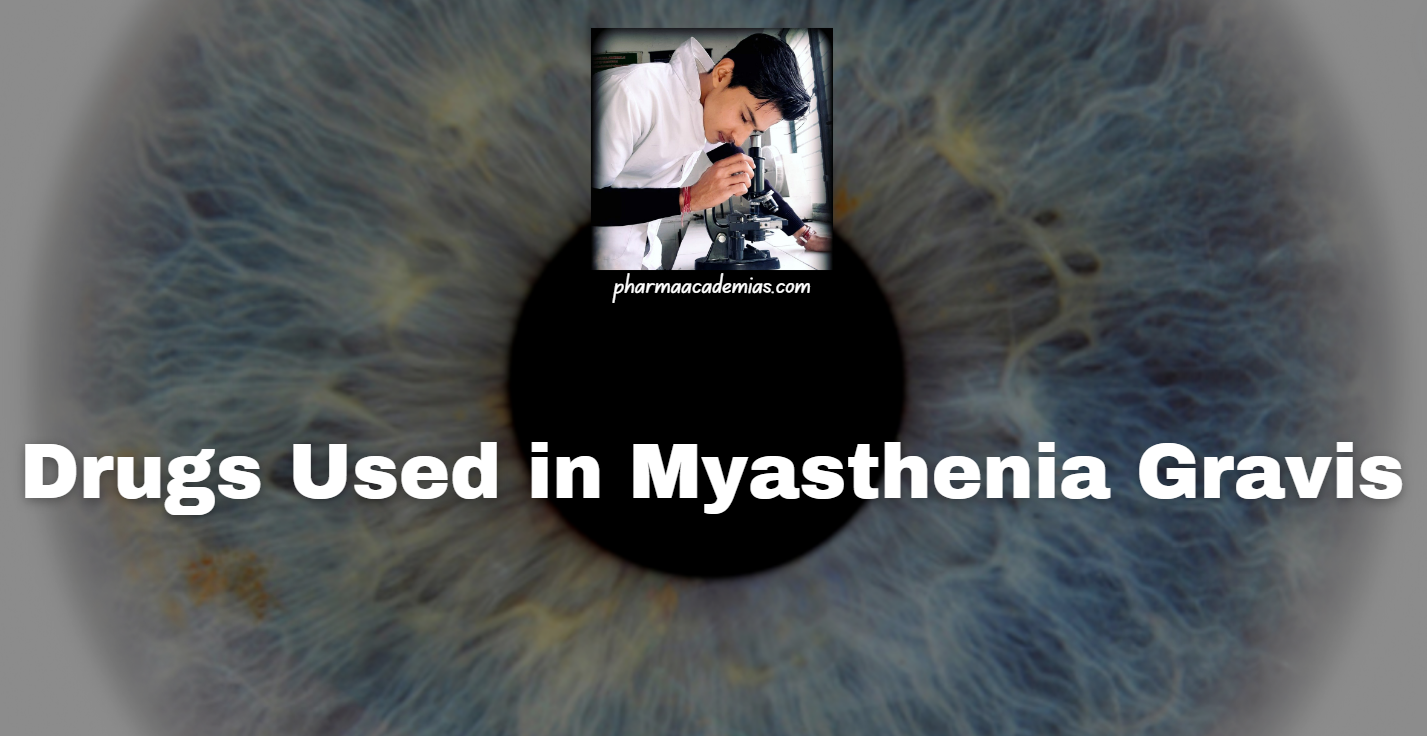Antimanics: Definition, Classification, Mechanism and Side effects
Antimanics, also known as mood stabilizers, are a class of medications primarily used to treat bipolar disorder, a mental health condition characterized by episodes of mania or hypomania alternating with episodes of depression. These medications help stabilize mood fluctuations and prevent or reduce the severity of manic or depressive episodes. Classification of Antimanics Antimanics can … Read more










